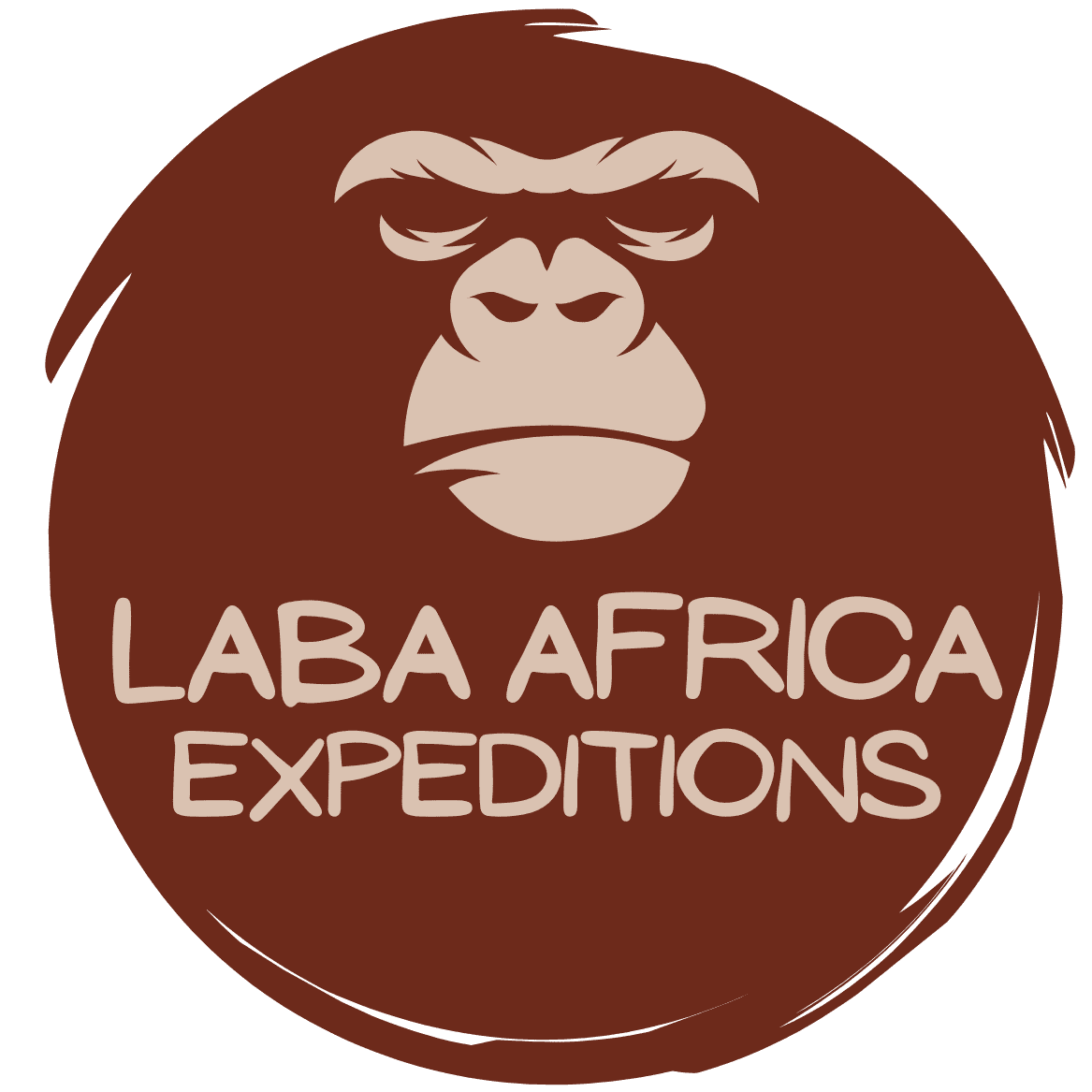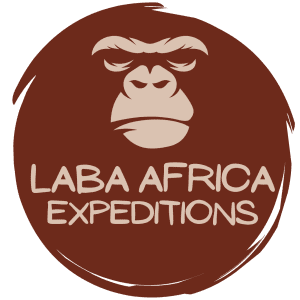DISCOVER AFRICA
The El Molo Tribe
The El Molo, also known as Elmolo, Dehes, Fura-Pawa, and Ldes, have managed to preserve their distinct way of life despite the challenges of modernization and external influences
In the vast landscapes of Kenya’s northern Eastern Province, nestled between the shores of Lake Turkana and the imposing Mount Kulal, resides a tribe whose rich cultural heritage and unique traditions have captivated the imagination of explorers and anthropologists alike. The El Molo, also known as Elmolo, Dehes, Fura-Pawa, and Ldes, have managed to preserve their distinct way of life despite the challenges of modernization and external influences. Their resilience in the face of change is a testament to the profound connection they share with their land and the customs passed down through generations.
Embarking on a cultural tour with us offers a rare opportunity to delve into the history, traditions, and captivating cultural practices of the El Molo tribe. As you traverse the breathtaking landscapes that have shaped their identity, you will witness firsthand the deep bond between the El Molo people and the natural environment that sustains them. From engaging with community members to learning traditional fishing techniques and participating in craft workshops, each moment will immerse you in the authentic essence of El Molo culture.
Join us as we celebrate the resilience and cultural richness of the El Molo tribe, gaining a deeper appreciation for their heritage and contributing to the preservation of their ancestral traditions. This journey promises an unforgettable experience, where the echoes of the past intertwine with the vibrant present of the El Molo people.
History and Origins:
The history and origins of the El Molo tribe can be traced back to approximately 1000 BC when they embarked on a significant migration from Ethiopia into the Turkana Basin. This journey, driven by environmental factors, led them to embrace a lakeside fishing lifestyle as they settled along the southeastern shores of Lake Turkana. The arid environment they encountered necessitated a shift from agricultural activities to a reliance on the abundant resources provided by the lake.
Archaeological evidence, documented during a 1962 survey led by S. Brodribb Pughe, sheds light on the ancient burial customs of the El Molo people. Tomb structures discovered during this survey revealed intricate hieroglyphics and were typically located near water sources such as springs or wells. These tombs serve as powerful symbols of the El Molo’s deep reverence for their ancestors and their profound connection to the land they call home.
The presence of these tombs demonstrates the enduring legacy of the El Molo’s ancestral traditions and their commitment to preserving their cultural heritage. Through these ancient burial sites, the El Molo people honor the memory of their forefathers and reaffirm their connection to the natural environment that has sustained them for centuries. The hieroglyphics found on these tombs provide a glimpse into the rich tapestry of El Molo history and serve as a testament to their resilience and cultural identity.
Demographics and Language:
In the present day, the El Molo tribe primarily resides in the Marsabit District, with their settlements concentrated between El Molo Bay and Mount Kulal. According to the 2019 Kenya census, there were 1,104 El Molo residents. However, it is important to note that individuals of pure El Molo descent have become increasingly scarce. Throughout history, intermarriage with neighboring Nilotic populations, particularly the Samburu, has led to a blending of cultures and genetics within the El Molo community. As a result, the majority of El Molo individuals today are bilingual, with Samburu being the predominant language spoken alongside their diminishing ancestral language.
The El Molo language, once their mother tongue, is now perilously close to extinction. Classified as an Afro-Asiatic language belonging to the Cushitic branch, it lacks known dialects. Despite efforts to revitalize and preserve the language, it is unfortunately becoming a relic of the tribe’s past. Neighboring Nilo-Saharan languages have gradually supplanted the El Molo language as the primary means of communication within the community.
The dwindling usage of the El Molo language represents a challenge faced by many indigenous languages around the world. It highlights the importance of language preservation efforts to ensure the cultural heritage and unique identity of the El Molo tribe are not lost to the sands of time.
Traditions and Cultural Practices:
The traditions and cultural practices of the El Molo tribe offer a fascinating glimpse into their way of life and the values they hold dear. One prominent aspect of their tradition revolves around their religious beliefs. Many El Molo individuals adhere to a traditional religion deeply rooted in the worship of Waaq or Wakh. This spiritual system shares similarities with the early pre-Abrahamic, monotheistic faith believed to have been followed by Cushitic groups. Through their reverence for Waaq/Wakh, the El Molo express their profound connection with the natural world and the spiritual significance they attribute to it.
However, it is important to acknowledge that the influence of external religions has reached the El Molo community as well. Some individuals have embraced Christianity, adding another layer of complexity to the El Molo’s cultural tapestry. This religious diversity showcases their ability to adapt and integrate new beliefs while still preserving their ancestral practices. The coexistence of traditional beliefs and Christianity within the community reflects the dynamic nature of culture and the El Molo’s capacity to embrace change while remaining rooted in their cultural heritage.
The El Molo’s cultural practices extend beyond religious beliefs. They have developed distinct ways of life centered around the natural resources of their environment. Fishing, in particular, holds great significance for the tribe. El Molo fishermen skillfully navigate the waters of Lake Turkana, employing traditional fishing techniques passed down through generations. This artistry is not only a means of sustenance but also a cultural expression that reflects their deep connection with the lake and its resources.
Additionally, the El Molo tribe is known for their craftsmanship, particularly in the realm of beadwork. Elaborate beadwork is a significant cultural expression for the El Molo people, serving as a form of personal adornment and a means of artistic storytelling. The intricate patterns and vibrant colors of their beadwork convey narratives, traditions, and social identities within their community. Engaging in craft workshops during a cultural tour offers a firsthand experience of this artistic tradition and a chance to appreciate the skill and creativity that goes into each piece.
Participating in a cultural tour of the El Molo tribe provides a unique opportunity to witness and engage with their rich traditions and cultural practices. It allows for a deeper understanding of their spiritual beliefs, their intricate art forms, and the ways in which they harmonize with their natural environment. By immersing oneself in the El Molo way of life, visitors gain a profound appreciation for the tribe’s resilience, cultural diversity, and the vibrant tapestry that weaves together their past and present.
Cultural Tour Experience
Immersing oneself in the captivating world of the El Molo tribe offers an unparalleled experience that transcends ordinary tourism. Embarking on a cultural tour to their heartland provides a profound glimpse into their daily lives, ancient traditions, and customs that have withstood the test of time. Brace yourself for a transformative journey as we unveil a comprehensive itinerary, delving deep into the rich cultural landscape of the El Molo people.
Day 1: Arrival in Marsabit - Gateway to El Molo Territory
Your cultural immersion begins as you arrive in Marsabit, a vibrant town nestled at the threshold of the El Molo’s ancestral lands. Check into a local lodge or campsite, allowing yourself to acclimate to the enchanting surroundings and the allure of this extraordinary destination.
Day 2: Introduction to El Molo Culture - Embracing History and Traditions
Prepare to embark on a guided tour to El Molo Bay, a site of tremendous cultural significance. Engage with community members who will warmly welcome you into their midst, sharing captivating stories that shed light on their history, traditions, and the challenges they face in preserving their unique heritage. Marvel at the sight of skilled El Molo fishermen as they demonstrate the time-honored craft of fishing, showcasing their expertise in navigating the waters of Lake Turkana.
Day 3: Exploring Ancient Burial Sites - Unveiling Ancestral Customs
Today, accompany a knowledgeable local expert on an expedition to the El Molo’s ancient burial grounds. Wander among the remarkable tomb structures adorned with hieroglyphics, each one offering a window into the tribe’s spiritual beliefs and intricate cultural practices. Engage in thought-provoking discussions about the significance of ancestral worship and its enduring role in shaping El Molo society.
Day 4: Cultural Exchange and Traditional Activities - Embracing Authentic Experiences
Immerse yourself in the daily rhythms of the El Molo community as you spend a day participating in their traditional activities. Under the guidance of experienced El Molo fishermen, try your hand at their time-honored fishing techniques, gaining insights into their profound connection with Lake Turkana and its abundant aquatic resources. Engage in craft workshops, where skilled artisans will teach you the art of beadwork and the creation of traditional artifacts, allowing you to create your own tangible memento of this cultural exchange.
Day 5: Community Feast and Performance - Celebrating Cultural Identity
Prepare for an unforgettable evening of celebration as you join the El Molo community in a grand feast. Indulge in a delectable array of dishes, savoring the unique flavors of their culinary heritage. As darkness falls, immerse yourself in the vibrant rhythms of traditional dances and captivating performances that express the tribe’s cultural identity and celebrate their way of life. Gather around a crackling bonfire, sharing stories, laughter, and deepening your understanding of the El Molo’s rich cultural tapestry.
Day 6: Departure - Carrying Memories and Reflections
As the sun rises on your final day, bid farewell to the El Molo community, carrying with you cherished memories and profound reflections on the transformative experience of connecting with one of Kenya’s most unique and endangered tribes. Depart from Marsabit, but let the indelible imprint of the El Molo’s legacy remain etched in your heart and mind. Spread their story and the importance of cultural preservation, ensuring that their heritage endures for generations to come.
With less than 200 members, the El Molo tribe holds the distinction of being the smallest indigenous community in Kenya. Settling along the shores of Lake Turkana, their ancestral homeland, they have maintained their cultural heritage for over 3,000 years. This decision to embrace the abundant aquatic resources of Lake Turkana has shaped their identity and sustains their existence to this day. The El Molo’s unique history and their adaptation to the lakeside environment exemplify their resilience and deep connection to the natural world.
The El Molo tribe stands as a testament to the resilience of indigenous cultures and the importance of preserving their heritage. By partaking in a cultural tour that takes you into the heart of their community, you not only support their efforts to maintain their identity but also gain a profound understanding of their history, traditions, and the challenges they face in the modern world. As the echoes of their ancient language fade and external influences shape their way of life, it becomes crucial to celebrate and cherish the remarkable cultural legacy of the El Molo people.






